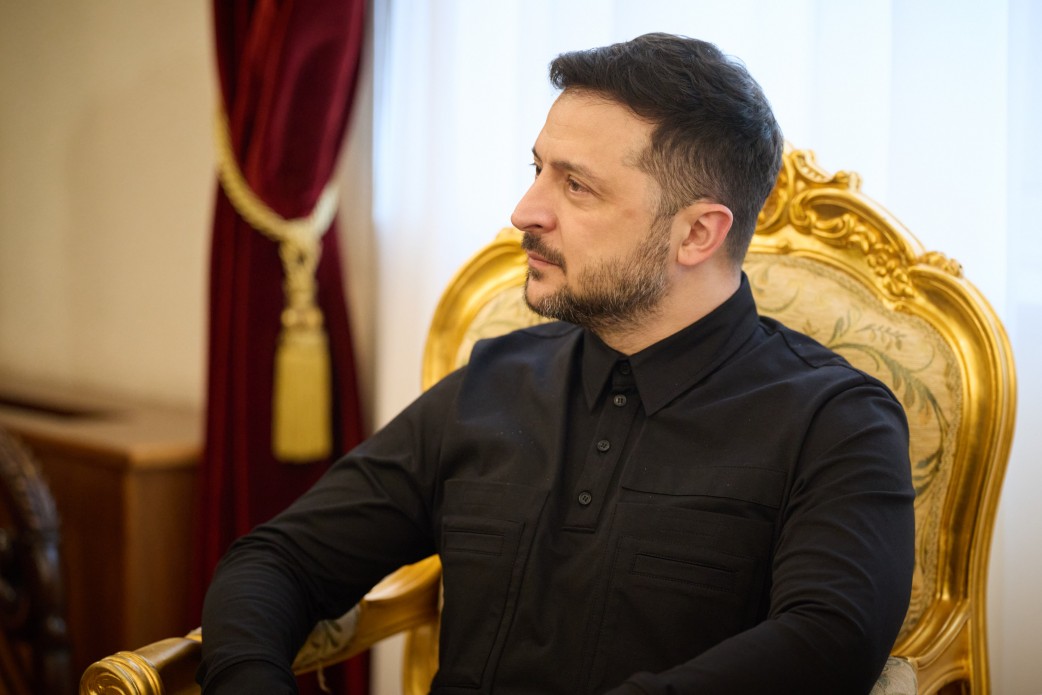Alexander Lukashenko, who has ruled Belarus since 1994, has been re-elected for a seventh presidential term. According to preliminary data from the country's Central Election Commission, 86.82% of Belarusians voted for Lukashenko. The final voter turnout was 85.7%.
The presidential election took place on January 26. In addition to Lukashenko, four other candidates participated. Oleg Gaidukevich, leader of the Liberal Democratic Party, received 2.02% of the votes; entrepreneur Anna Kanopatskaya received 1.86%; the first secretary of the Communist Party's Central Committee, Sergey Syryankov, received 3.21%; and Alexander Khizhnyak, head of the Republican Party of Labor and Justice, received 1.74%. 3.6% of Belarusians voted against all candidates.
The elections were held without the participation of Western observers and without opening polling stations abroad.
The Head of EU diplomacy, Kaja Kallas, and European Commissioner for Enlargement, Marta Kos, in a joint statement, noted that they do not consider the presidential elections in Belarus to be free and democratic
"The people of Belarus deserve a real voice in who will govern the country," they emphasized.
After the voting, Lukashenko held a press conference that lasted 4.5 hours. During it, he stated that he was not looking for a successor.
"We are living with these elections for now. After the elections, we will think about it," he said.
Lukashenko added that the focus should now be on how to successfully navigate 2025 and build the country's future by fostering cooperation with Russia while avoiding dependence on Western countries.
In the previous election, held in 2020, Lukashenko officially garnered 80.1% of the vote. Following that, large-scale protests erupted, with participants refusing to accept the results and claiming opposition candidate Svetlana Tikhanovskaya had won (officially, she received 10.12%). This led to mass repression. By October 2023, over 16,000 criminal cases of "extremist intent" had been initiated in the country. According to Pavlo Latushko, a representative of the United Transitional Cabinet, repression since 2020 has affected 136,000 people, with several hundred thousand Belarusians forced to leave the country. According to the Center for New Ideas, by early 2024, the total number of emigrants from Belarus had reached 500,000–600,000 people, or 6–7% of the country's population.





















